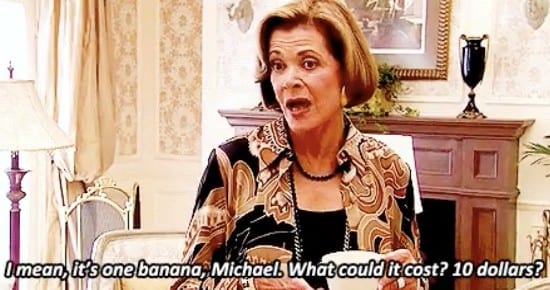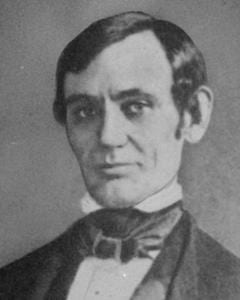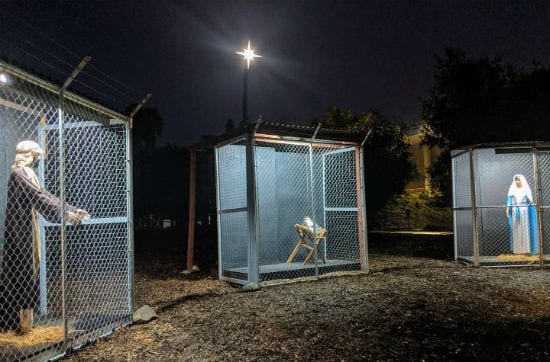President Bush sat down for an interview with David E. Sanger and Elisabeth Bumiller of The New York Times.
As an expression of confidence in the president's ability to discuss and respond to any questions the reporters might have, Bush agreed to be interviewed alone.
Well, almost alone. He was accompanied by Karen Hughes, Condoleezza Rice, Scott McLellan and Rudy Giuliani. Hughes' presense is particularly noteworthy due to her reputation as a campaign handler. Her job at interviews like this is to keep the president on-message and to prevent him from making any embarrassing gaffes that might make him come across as incompetent, ill-informed or unqualified for office.
Hughes did not succeed at her job.
Some highlights from the interview:
Mr. Bush also acknowledged for the first time that he made a "miscalculation of what the conditions would be'' in postwar Iraq. But he insisted that the 17-month-long insurgency that has upended the administration's plans for the country was the unintended byproduct of a "swift victory'' against Saddam Hussein's military, which fled and then disappeared into the cities, enabling them to mount a rebellion against the American forces far faster than Mr. Bush and his aides had anticipated.
President Bush had not anticipated that those pernicious colonials would be so unsporting as to refuse to engage his Red Coats in open battle. Their devious asymmetrical warfare — not wearing uniforms, firing their muskets from behind trees, attacking Trenton on Christmas Day — had no historical precedent and thus initially disrupted Bush's war plan.
He insisted that his strategy had been "flexible enough'' to respond, and said that even now "we're adjusting to our conditions" …
It's refreshing, possibly even unprecedented, for this president to admit to a "miscalculation." (It's baffling why this wasn't the story's lede, with a headline "Bush admits 'miscalculation' in Iraq.") But his discussion of this topic at least seems to stick to the pre-approved, rehearsed talking points and his answer was likely in step with whatever words Hughes was mouthing as he spoke (really, see here for an early account of Hughes' habit of lip-synching along with Bush press conferences).
When asked about environmental issues, however, Bush goes completely off the rails:
On environmental issues, Mr. Bush appeared unfamiliar with an administration report delivered to Congress on Wednesday that indicated that emissions of carbon dioxide and other heat-trapping gases were the only likely explanation for global warming over the last three decades. Previously, Mr. Bush and other officials had emphasized uncertainties in understanding the causes and consequences of global warming.
The new report was signed by Mr. Bush's secretaries of energy and commerce and his science adviser. Asked why the administration had changed its position on what causes global warming, Mr. Bush replied, "Ah, we did? I don't think so."
"Ah, we did?" Yes, you did.
It gets worse. The president is asked about North Korea:
Showing none of the alarm about the North's growing arsenal that he once voiced regularly about Iraq, he opened his palms and shrugged when an interviewer noted that new intelligence reports indicate that the North may now have the fuel to produce six or eight nuclear weapons.
He "opened his palms and shrugged." He shrugged. The strong, decisive, tough-on-terror leader man freaking shrugged.
Despotic madman with nuclear weapons that may be able to strike the West Coast? Hey, whatcha gonna do?
He said that in North Korea's case, and in Iran's, he would not be rushed to set deadlines for the countries to disarm, despite his past declaration that he would not "tolerate'' nuclear capability in either nation. He declined to define what he meant by "tolerate.''
"I don't think you give timelines to dictators,'' Mr. Bush said, speaking of North Korea's president, Kim Jong Il, and Iran's mullahs. He said he would continue diplomatic pressure — using China to pressure the North and Europe to pressure Iran — and gave no hint that his patience was limited or that at some point he might consider pre-emptive military action.
"I'm confident that over time this will work — I certainly hope it does,'' he said.
He shrugged. Gah.
















